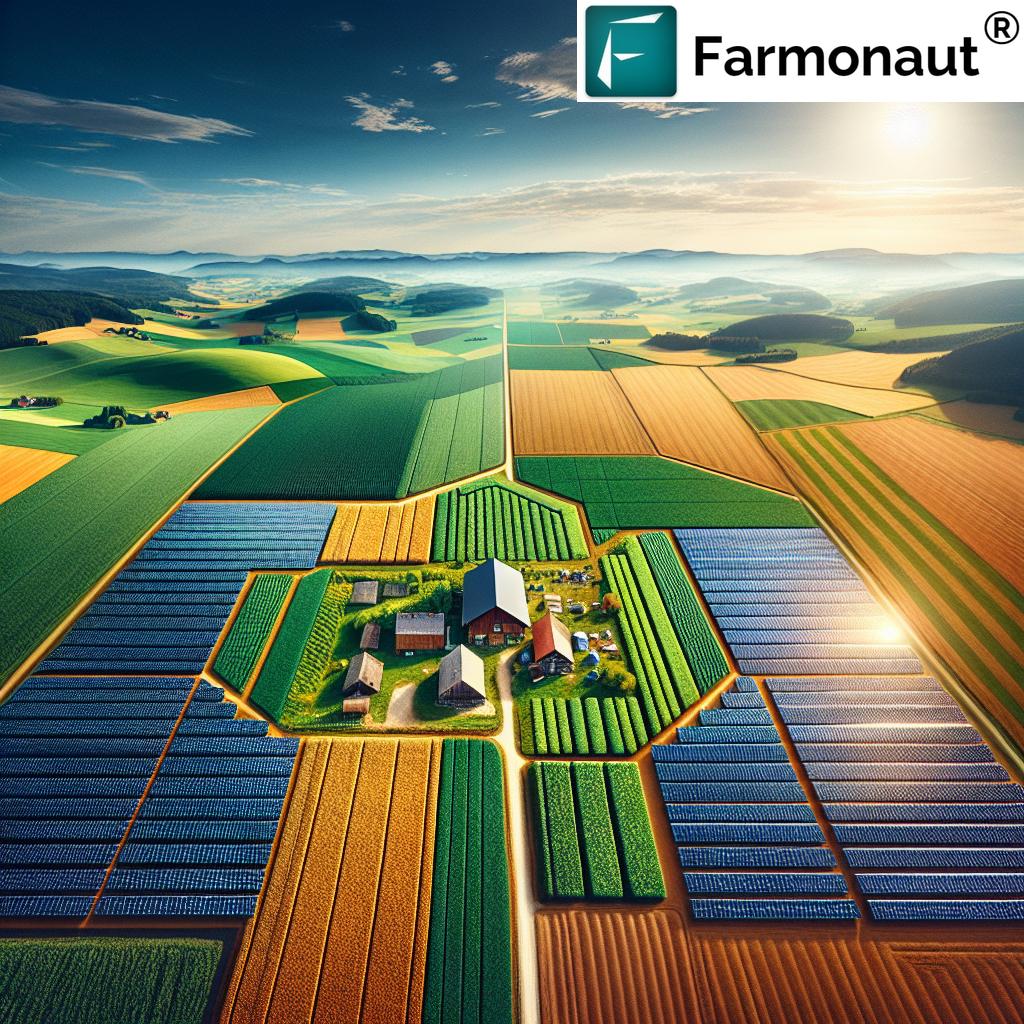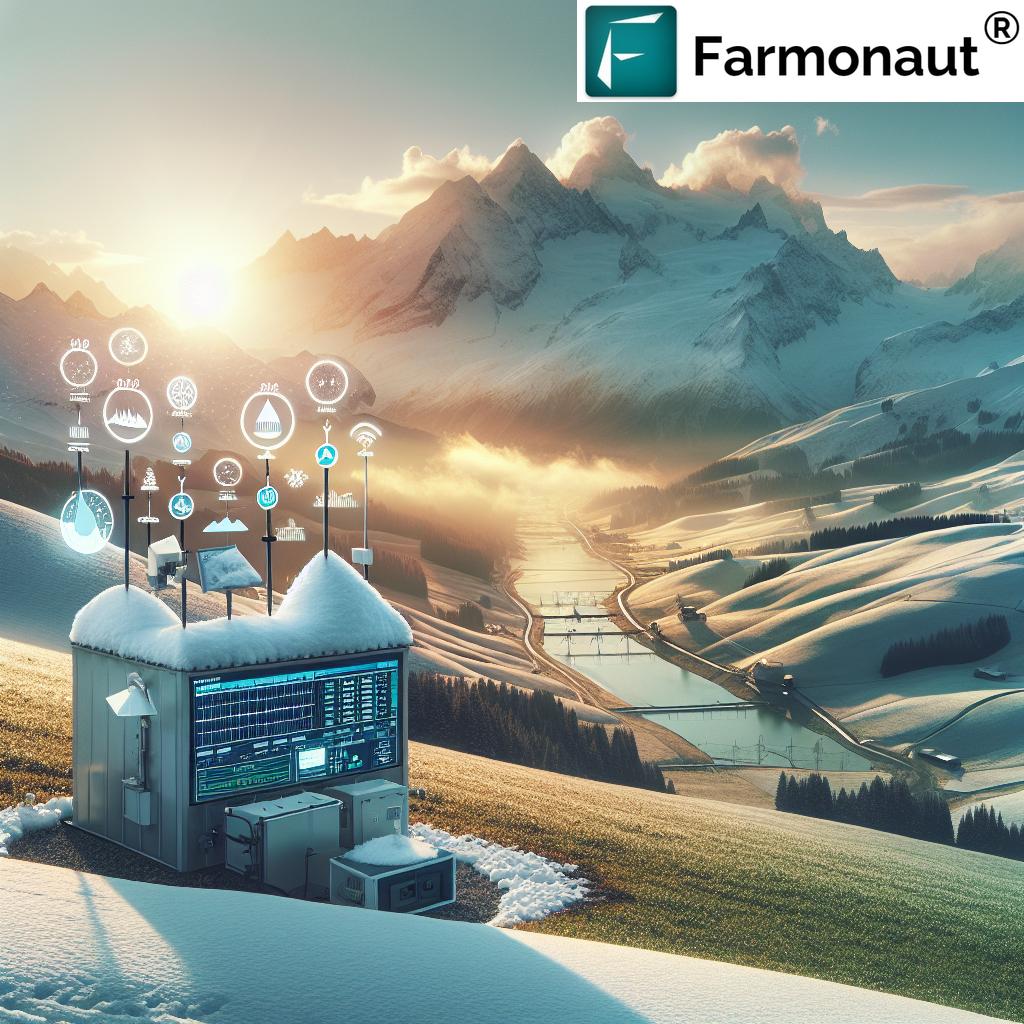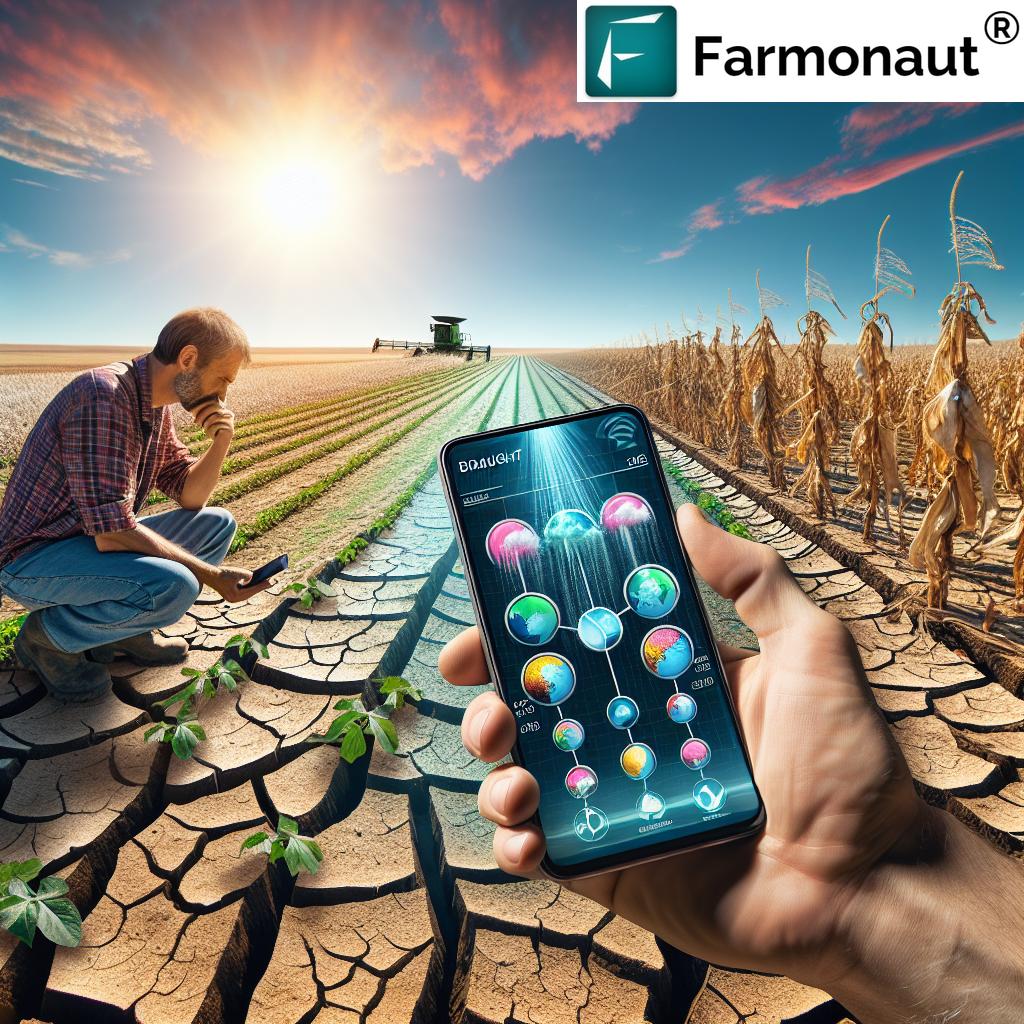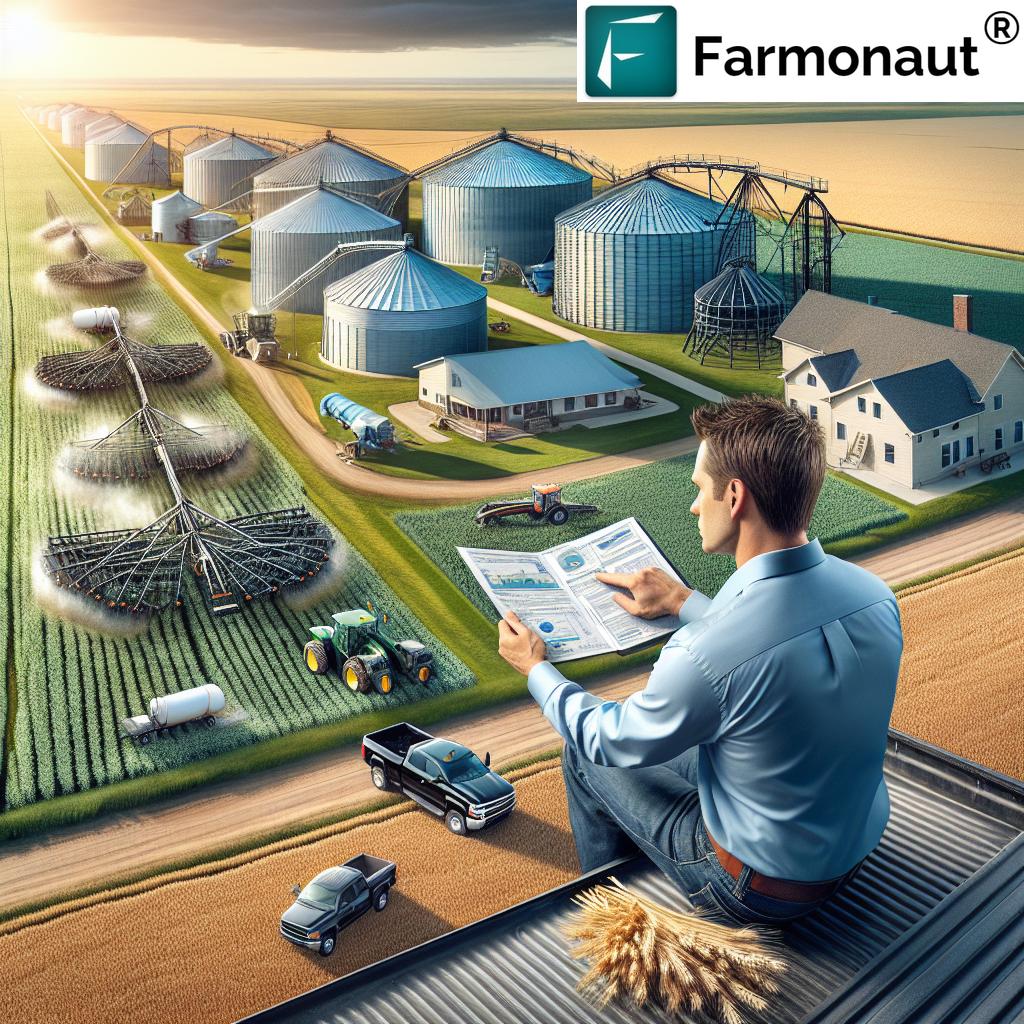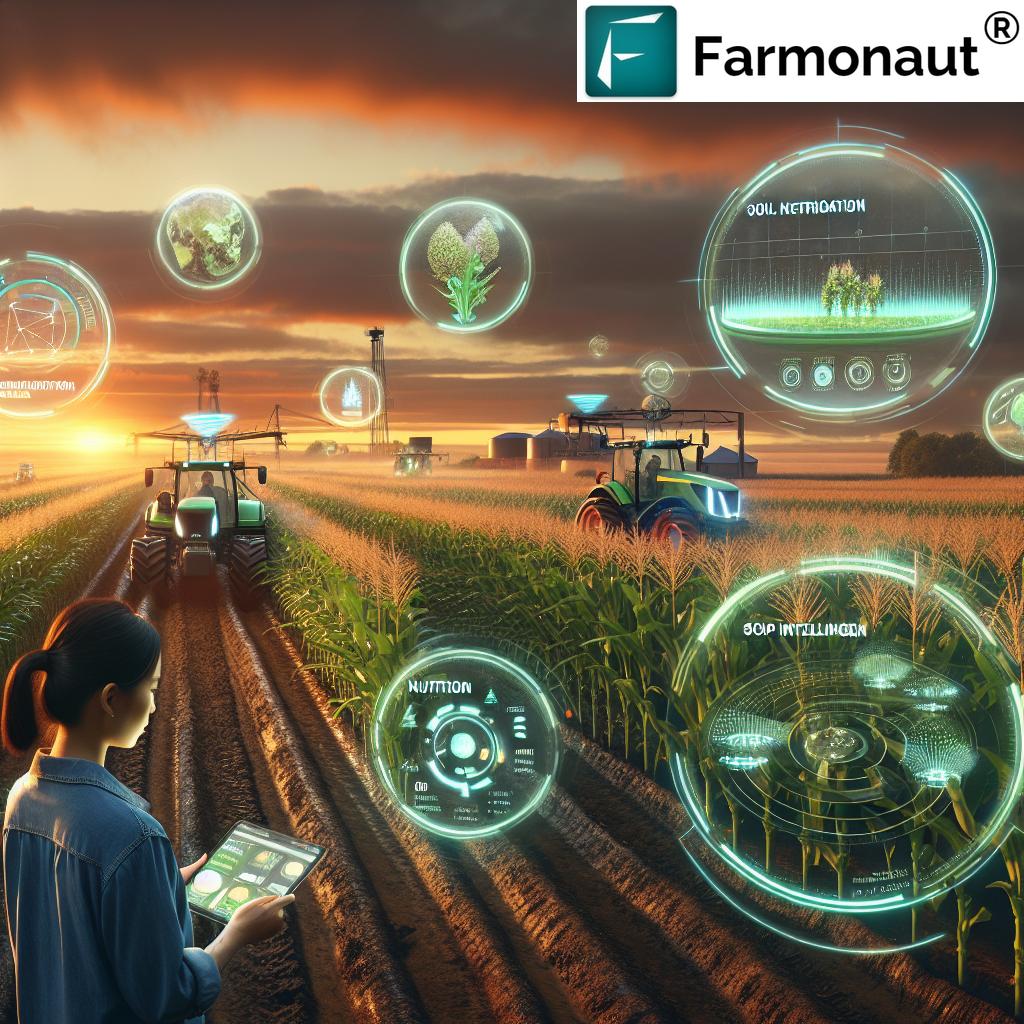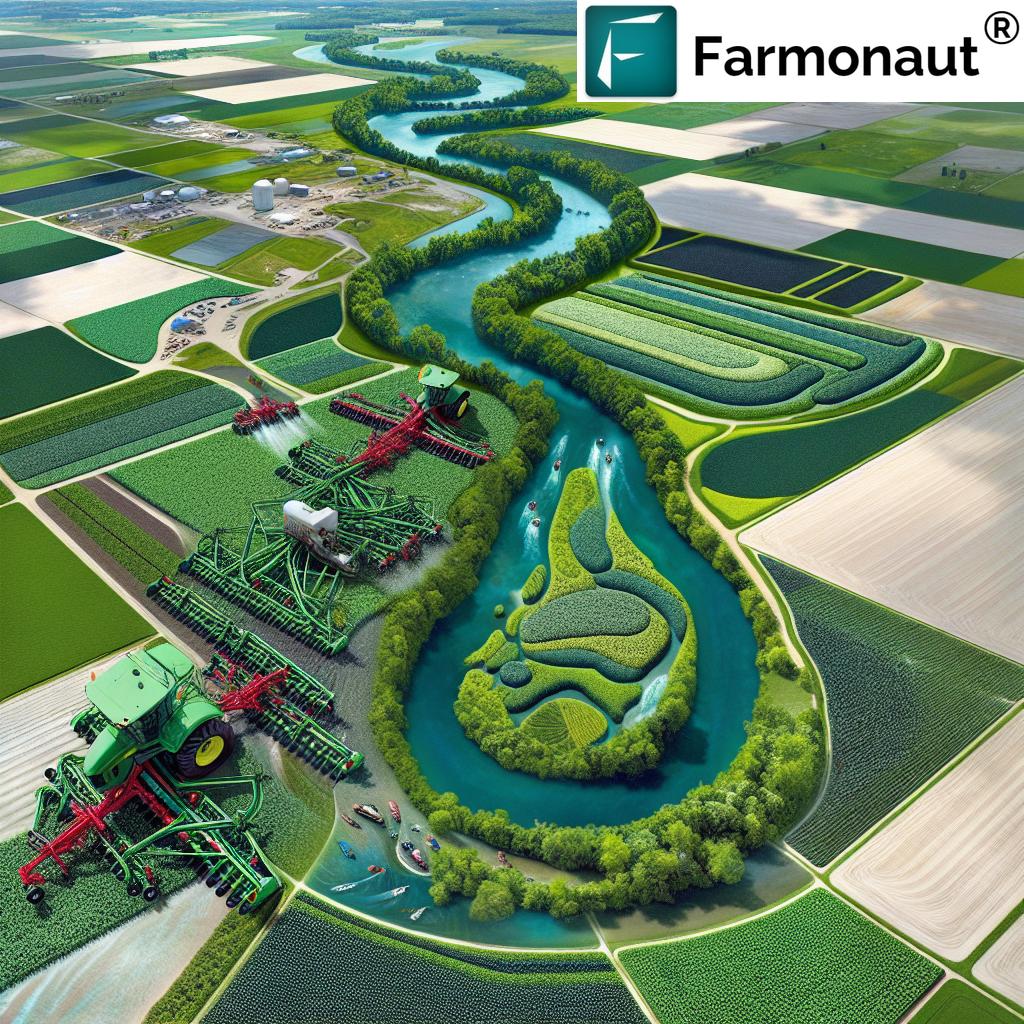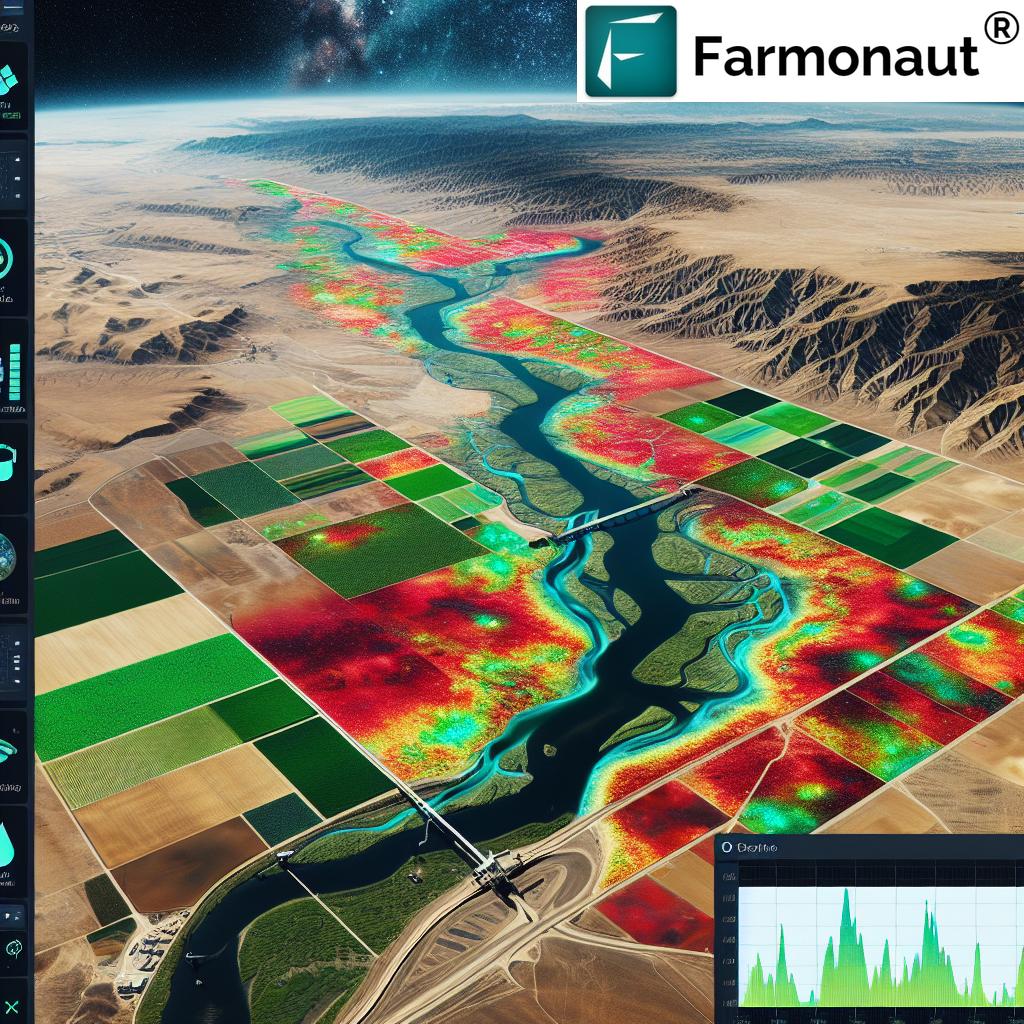Revolutionizing Maine Farmland: How Organic Hemp Farming Tackles PFAS and Boosts Sustainable Agriculture
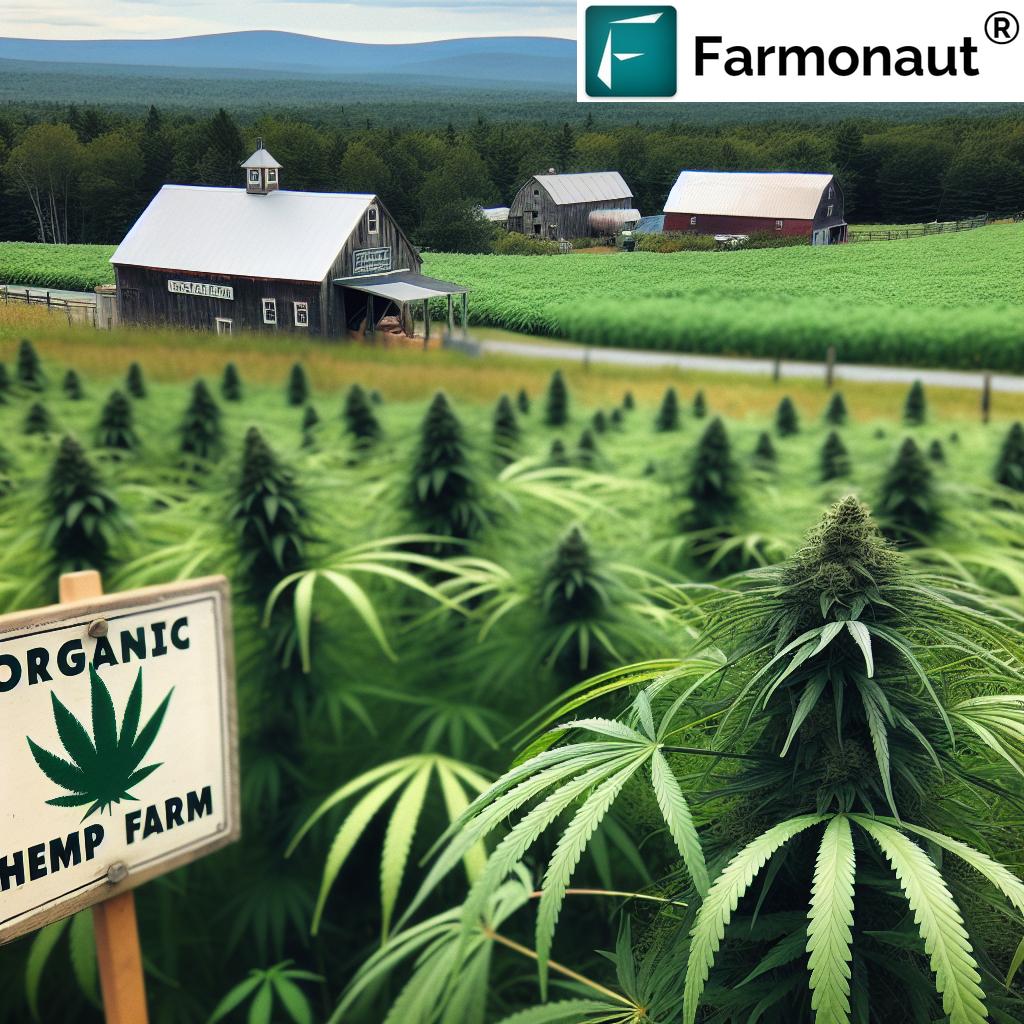
“Maine’s organic hemp farms can potentially remediate up to 1 million acres of PFAS-contaminated farmland.”
In the picturesque landscapes of Downeast Maine, a revolutionary agricultural movement is taking root. Organic hemp farming is not just transforming the state’s vast farmlands; it’s also tackling one of the most pressing environmental challenges of our time – PFAS contamination. As we delve into this groundbreaking initiative, we’ll explore how innovative farmers are harnessing the power of hemp to cleanse soils, produce sustainable CBD products, and pave the way for a greener future in agriculture.
The Hemp Revolution in Maine: A Sustainable Solution
Maine’s agricultural heritage is rich and diverse, with hundreds of thousands of acres of farmland spread across the state. However, recent years have seen a shift in farming practices, with organic hemp cultivation emerging as a beacon of hope for both environmental remediation and sustainable agriculture. At the forefront of this movement is Schoppee Farm in Machias, a family-run operation that has been redefining the potential of hemp farming in Maine.
Ben Edwards, the owner of Schoppee Farm, has seamlessly blended his background in biochemistry and medicine with eight generations of farming tradition. The result? A 1,500-acre farm that’s not just producing organic hemp but also pioneering research into its environmental benefits.
From Dairy to CBD: The Transformation of Schoppee Farm
Six years ago, Edwards reopened the doors of Schoppee Farm, transforming what was once a dairy farm into a thriving organic hemp operation. The farm’s first hemp crop was planted in 2019, following the legalization of hemp production in the U.S. with the passage of the 2018 Farm Bill. Since then, Schoppee Farm has been at the forefront of Maine’s hemp industry, producing a wide range of natural CBD products.
“We produce most products that you could put CBD in,” Edwards explains. From topicals to edibles, Schoppee Farm’s product line caters to a variety of ailments, all while adhering to strict organic practices. This commitment to natural, chemical-free production sets them apart in an industry that’s rapidly growing but often plagued by questions of quality and purity.
The Science Behind Hemp: More Than Just CBD
While many associate hemp primarily with CBD products, the plant’s potential extends far beyond its medicinal applications. Hemp is a remarkable bio aggregator, meaning it has the ability to absorb various substances from the soil in which it grows. This characteristic, while potentially problematic in contaminated soils, opens up exciting possibilities for environmental cleanup.
Edwards and his team at Schoppee Farm are leveraging this unique property of hemp to address one of Maine’s most pressing environmental concerns: PFAS contamination. PFAS, or per- and polyfluoroalkyl substances, are synthetic chemicals found in various products that can be harmful to human health when they accumulate in soil and water sources.
“Hemp plants can absorb up to 10 times more PFAS contaminants from soil compared to traditional phytoremediation crops.”
Hemp as a PFAS Remediator: A Game-Changing Discovery
The research being conducted at Schoppee Farm is groundbreaking. By planting hemp in PFAS-contaminated areas, Edwards and his team are exploring the plant’s potential to extract these harmful chemicals from the soil. “Hemp is a great bio aggregator which means it pulls all kinds of things out of the soil,” Edwards notes. “We can use that same mechanism to pull things that we don’t want out of the soil out of the plant.”
This spring, the farm plans to expand its research by planting hemp at the Machias Airport, a site with moderate PFAS contamination. This real-world testing ground will provide valuable insights into hemp’s effectiveness in cleaning up contaminated sites on a larger scale.
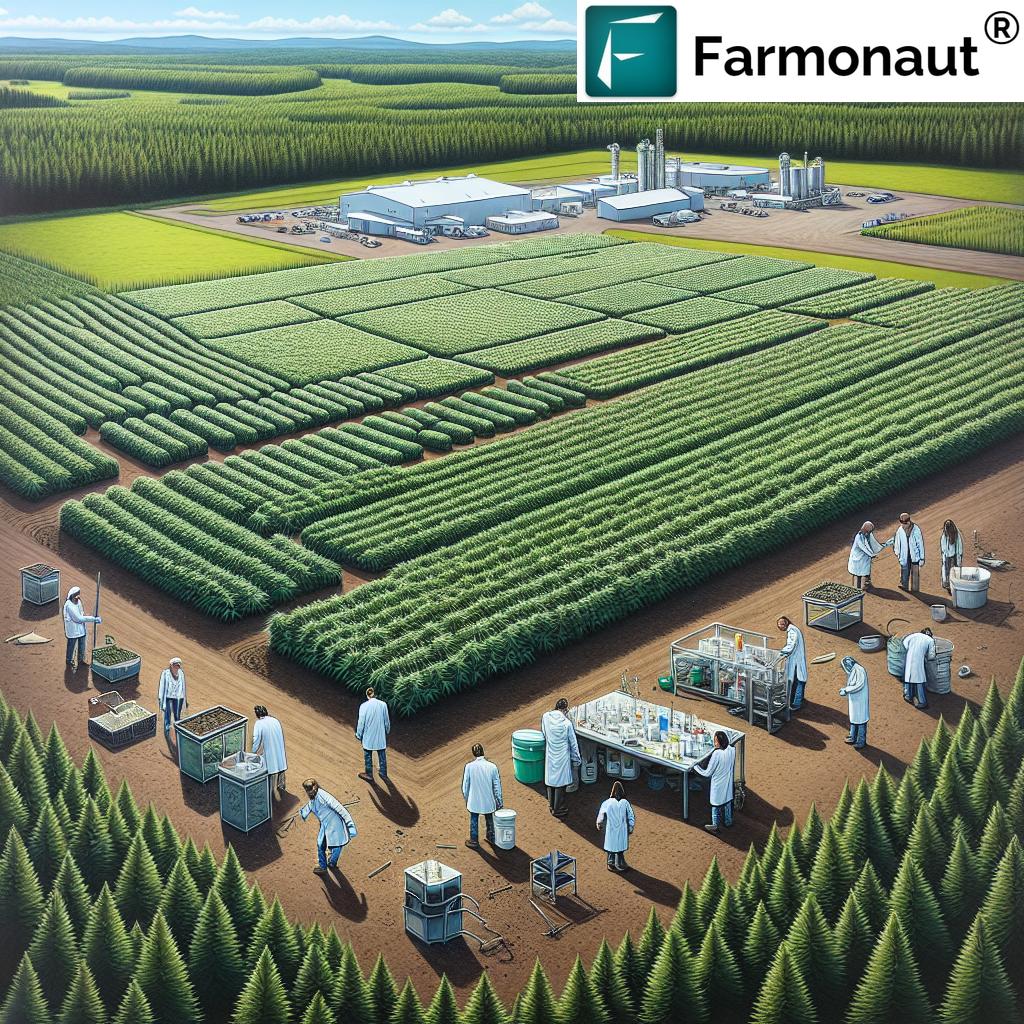
Scaling Up: From Greenhouse to Field
The transition from greenhouse experiments to field trials marks a significant milestone in Schoppee Farm’s research. “Getting to transition out of the greenhouse this year and into the airport where we can finally start to get some scale is really exciting,” Edwards enthuses. This scalability is crucial, as it addresses one of the main challenges in environmental remediation: finding solutions that can be implemented across vast areas of contaminated land.
Edwards acknowledges that the process will take time. “It will take years and years of growing in the same soil to make a difference,” he says. However, the potential impact is immense. By refining their methods and determining the optimal “cocktail” for PFAS uptake, Schoppee Farm aims to reduce the remediation timeline from hundreds of years to just a decade.
Beyond PFAS: Hemp’s Multifaceted Benefits for Sustainable Agriculture
While the focus on PFAS remediation is groundbreaking, it’s just one aspect of hemp’s potential in sustainable agriculture. Hemp farming offers numerous benefits that align with the principles of sustainable and organic farming practices:
- Soil Health Improvement: Hemp’s deep root system helps prevent soil erosion and improve soil structure.
- Carbon Sequestration: Hemp plants are efficient at capturing and storing carbon dioxide, making them valuable in the fight against climate change.
- Low Water Requirements: Compared to many traditional crops, hemp requires less water, making it an excellent choice for sustainable water management.
- Pest Resistance: Hemp is naturally resistant to many pests, reducing the need for harmful pesticides.
- Crop Rotation Benefits: Including hemp in crop rotation can break pest cycles and improve overall soil health.
These benefits make hemp an attractive option for farmers looking to transition to more sustainable practices. As Edwards points out, “Our farmland is vast, and this is a solution that could scale to that – to the scale of the problem. That is what’s most exciting to me.”
The Economic Impact of Hemp Farming in Maine
The rise of organic hemp farming isn’t just an environmental win; it’s also providing significant economic benefits to Maine’s agricultural sector. Here’s how hemp cultivation is boosting the local economy:
- Job Creation: The hemp industry is creating new employment opportunities across various sectors, from farming to processing and retail.
- New Market Opportunities: Hemp’s versatility opens up new markets for Maine farmers, from CBD products to textiles and building materials.
- Farm Diversification: Hemp provides farmers with an additional crop option, helping to diversify their income streams and reduce financial risk.
- Rural Development: The growth of the hemp industry is bringing new investment and development to rural areas of Maine.
As the industry grows, it’s crucial to have reliable tools and technologies to support hemp farmers. This is where innovative agricultural technology companies like Farmonaut come into play. Farmonaut offers advanced, satellite-based farm management solutions that can help hemp farmers optimize their operations and improve yields. 
The Role of Technology in Advancing Hemp Farming
As we explore the potential of hemp farming in Maine, it’s essential to recognize the role that modern agricultural technology plays in maximizing the efficiency and sustainability of these operations. Advanced tools and platforms are helping farmers make data-driven decisions, optimize resource use, and monitor crop health in real-time.
Satellite-based crop health monitoring, AI-driven advisory systems, and blockchain-based traceability solutions are just a few examples of the technologies revolutionizing hemp farming. These tools not only help farmers improve their yields but also ensure the quality and safety of their products, which is crucial in the CBD industry.
For hemp farmers looking to leverage these technologies, platforms like Farmonaut offer comprehensive solutions. From crop health monitoring to weather forecasting and resource management, these tools can significantly enhance the efficiency and sustainability of hemp operations. 

The Future of Hemp Farming in Maine
As we look to the future, the potential of hemp farming in Maine seems boundless. From environmental remediation to sustainable agriculture and economic growth, hemp offers a multifaceted solution to many of the challenges facing the state’s agricultural sector.
Edwards and his team at Schoppee Farm are at the forefront of this green revolution, pushing the boundaries of what’s possible with organic hemp cultivation. Their work not only demonstrates the potential of hemp as a tool for environmental cleanup but also showcases how innovative farming practices can lead to sustainable and profitable agriculture.
As more farmers in Maine and beyond begin to recognize the benefits of hemp cultivation, we can expect to see a significant shift in agricultural practices. This transition towards more sustainable and environmentally friendly farming methods could have far-reaching impacts, not just for Maine’s farmlands, but for the global agricultural landscape as a whole.
| Environmental Benefits | Agricultural Advantages | Economic Impacts | Product Applications |
|---|---|---|---|
| PFAS remediation (up to 90% reduction in treated soil) | Low water requirements (50% less than traditional crops) | Job creation (estimated 500+ new jobs in Maine) | CBD products (oils, tinctures, topicals) |
| Soil health improvement (30% increase in organic matter) | Pest resistance (70% reduction in pesticide use) | New market opportunities ($20M+ potential revenue) | Textiles (clothing, fabrics) |
| Carbon sequestration (10 tons CO2/acre/year) | Crop rotation benefits (20% yield increase in subsequent crops) | Farm diversification (40% increase in farm income) | Building materials (hempcrete, insulation) |
Embracing Innovation: The Role of Agricultural Technology
As hemp farming continues to grow in Maine, the adoption of advanced agricultural technologies will play a crucial role in maximizing efficiency and sustainability. Farmers can leverage tools like satellite-based crop monitoring, AI-driven advisory systems, and blockchain-based traceability solutions to optimize their operations and ensure product quality.
For those interested in exploring these technologies, Farmonaut offers a range of solutions tailored to the needs of modern farmers. From real-time crop health monitoring to resource management tools, these platforms can help hemp farmers make data-driven decisions and improve their overall productivity. Learn more about Farmonaut’s API or check out their API Developer Docs for in-depth information.
Conclusion: A Green Revolution in Maine’s Farmlands
The story of organic hemp farming in Maine is one of innovation, sustainability, and hope. From tackling environmental challenges like PFAS contamination to creating new economic opportunities, hemp cultivation is proving to be a versatile and valuable addition to Maine’s agricultural landscape.
As we continue to witness the transformative power of hemp, it’s clear that this crop has the potential to revolutionize not just Maine’s farmlands, but agricultural practices worldwide. With continued research, technological advancements, and supportive policies, hemp farming could play a crucial role in building a more sustainable and resilient agricultural future.
The journey of Schoppee Farm and other pioneering hemp operations in Maine serves as an inspiring example of how traditional farming wisdom, combined with modern scientific knowledge and innovative technologies, can lead to solutions that benefit both people and the planet. As we look to the future, the green revolution sparked by organic hemp farming in Maine promises to shape a brighter, more sustainable future for agriculture.
FAQ Section
- What is organic hemp farming?
Organic hemp farming is the cultivation of hemp plants without the use of synthetic fertilizers, pesticides, or genetically modified organisms. It focuses on natural growing methods that promote soil health and environmental sustainability. - How does hemp help in PFAS remediation?
Hemp is a bio aggregator, meaning it can absorb substances from the soil, including PFAS contaminants. When planted in contaminated areas, hemp can extract these harmful chemicals, potentially cleaning up the soil over time. - Is hemp-derived CBD legal in Maine?
Yes, hemp-derived CBD products are legal in Maine, as long as they contain less than 0.3% THC, as per federal regulations. - What are the economic benefits of hemp farming in Maine?
Hemp farming creates new job opportunities, opens up new markets for farmers, helps in farm diversification, and contributes to rural development in Maine. - How long does it take for hemp to remediate PFAS-contaminated soil?
The process can take several years. Researchers at Schoppee Farm are working to reduce the timeline from hundreds of years to about a decade through optimized growing methods.
Earn With Farmonaut: Affiliate Program
Earn 20% recurring commission with Farmonaut’s affiliate program by sharing your promo code and helping farmers save 10%. Onboard 10 Elite farmers monthly to earn a minimum of $148,000 annually—start now and grow your income!
Farmonaut Subscriptions







